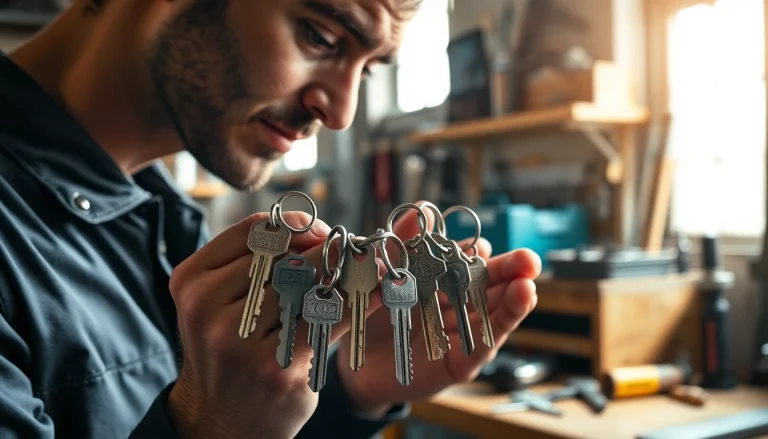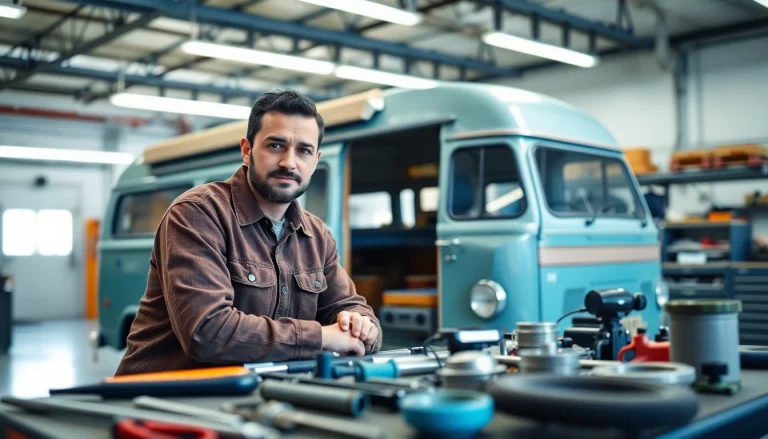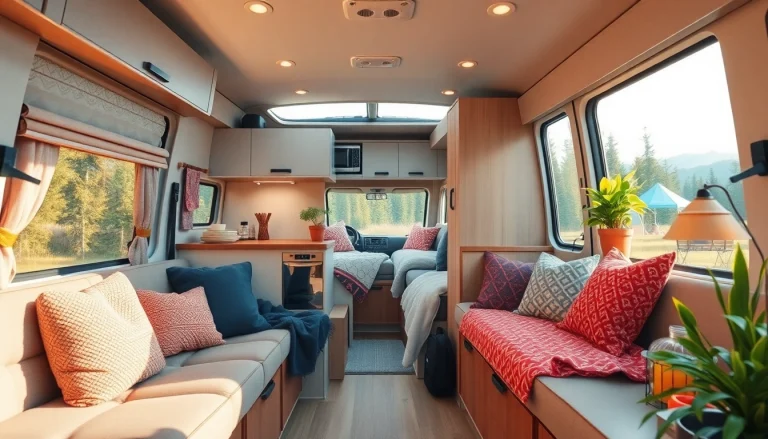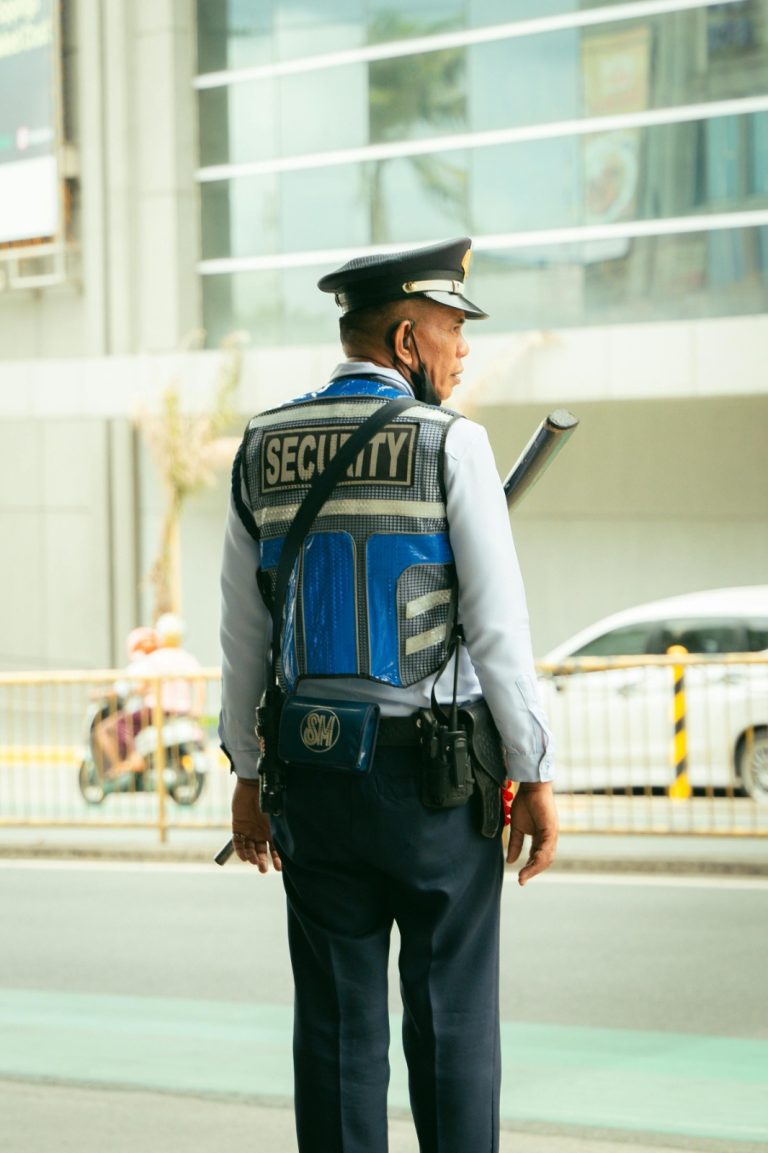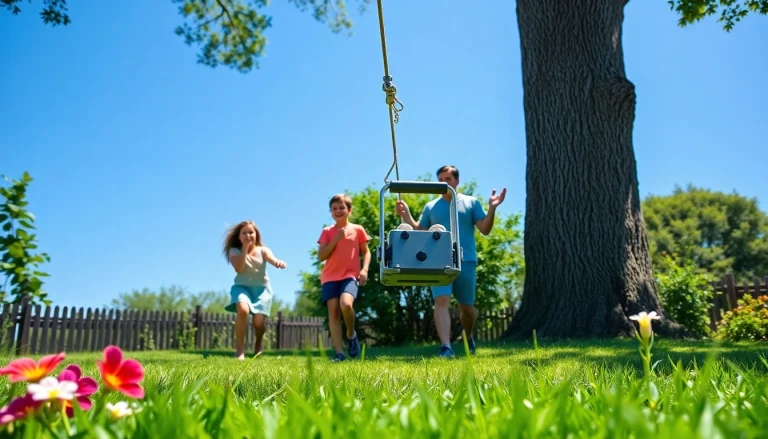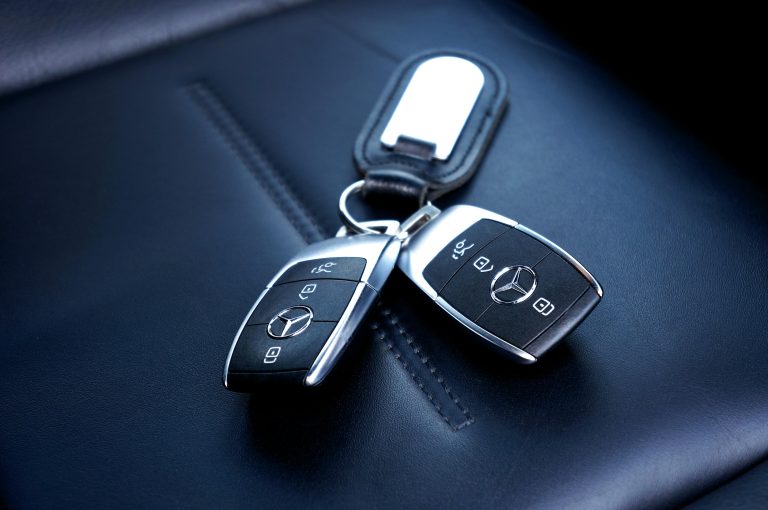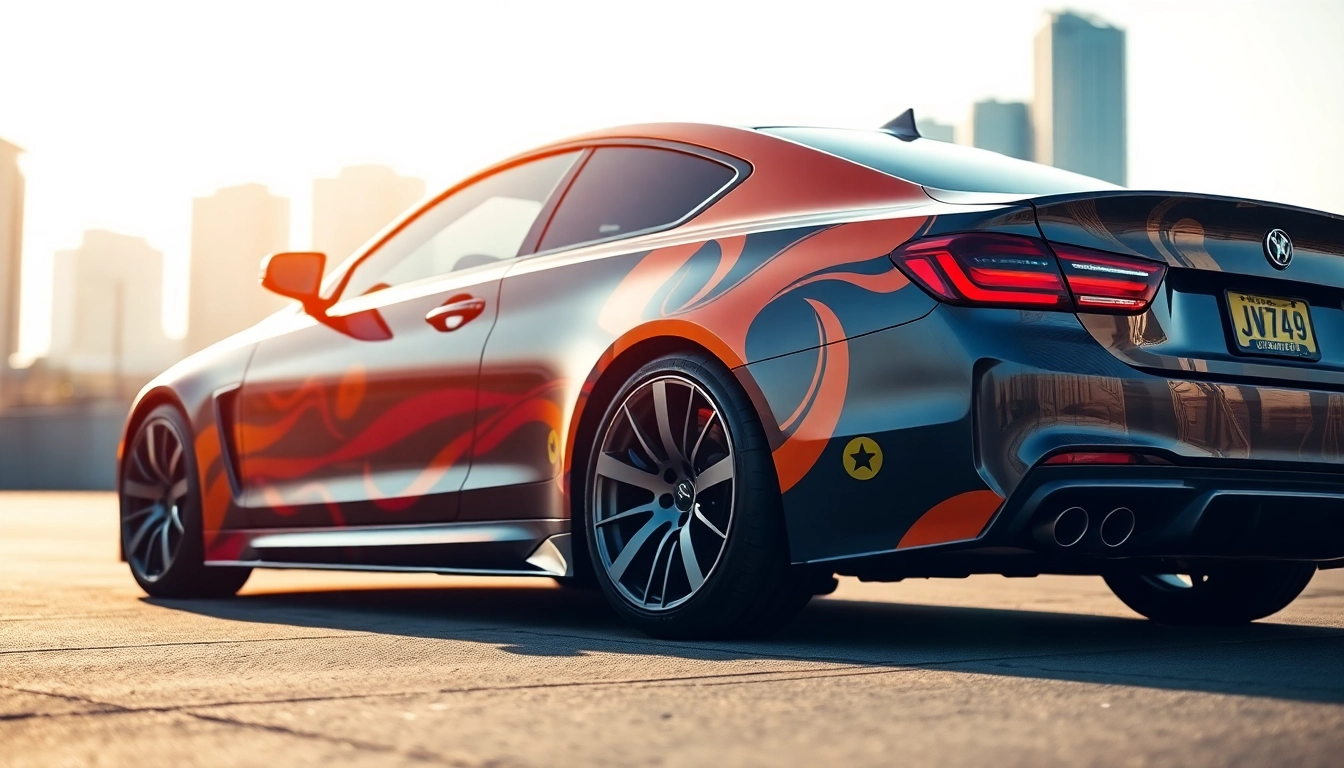
Understanding Professional Car Wraps
Professional car wraps have rapidly become a popular choice for vehicle enhancement, whether for personal enjoyment or commercial purposes. But what exactly are they? A Professional Car Wrap is essentially a decorative vinyl film applied to the exterior of a vehicle, allowing owners to alter their vehicle’s appearance without the permanent commitment of paint. This technology offers flexibility in branding, aesthetic modifications, and protective layering, all while preserving the original vehicle surface. As we delve deeper into this topic, we will explore what sets professional car wraps apart and why they are increasingly favored over traditional paint jobs.
What Are Professional Car Wraps?
Professional car wraps are made from high-quality vinyl that adheres to the surface of vehicles using pressure-sensitive adhesive. Unlike a simple paint job, which permanently alters the car’s color, wraps can be removed or replaced with ease. This characteristic makes car wraps an attractive option for businesses looking to promote their brand on the go, as well as for individuals who crave a new look without the long-term commitment. Typically, wraps can last anywhere from three to seven years, depending on the quality of the material and maintenance.
Benefits of Professional Car Wraps
The advantages of opting for a professional car wrap are numerous:
- Cost-Effective: Wrapping a vehicle is often less expensive than a full repaint, making it a practical choice for many consumers.
- Variety of Options: With thousands of color and finish options available, car wraps provide endless customization possibilities.
- Business Branding: Companies can utilize wraps as mobile advertisements, effectively reaching a broader audience.
- Protective Layer: Car wraps shield the original paint from UV rays, scratches, and other environmental impacts.
- Reversible: Unlike paint, wraps can be easily removed, revealing the original finish underneath.
Types of Materials Used
Car wraps are primarily made from two types of materials: cast vinyl and calendared vinyl. Cast vinyl is a high-quality, thin material that is durable and more flexible, making it ideal for detailed applications on curved surfaces. In contrast, calendared vinyl is thicker and less expensive, making it suitable for large, flat surfaces but not as flexible or long-lasting as cast vinyl. Depending on the application and desired lifespan, professionals choose the appropriate material accordingly.
Choosing the Right Car Wrap for Your Vehicle
Selecting the right car wrap involves thoughtful consideration of color, design, and purpose. Each decision significantly impacts the final result and its effectiveness in achieving the intended objectives.
Color Options and Finishes
One of the first considerations in choosing a car wrap is color. The options are virtually limitless, ranging from bold, eye-catching colors to subtle tones. Popular choices often include:
- Solid Colors: These are the most straightforward options and can entirely transform the car’s appearance.
- Metallics: Adds a reflective finish that can give an elegant look.
- Matte Finishes: These provide a modern, understated appearance that sets vehicles apart.
- Glossy Finishes: Offer a shiny, polished look, frequently mimicking freshly painted surfaces.
It’s essential to consider how different colors and finishes will work with the car’s original design, as well as how they reflect personal style or brand identity.
Designing Your Custom Wrap
Creating a unique design is key to ensuring that a car wrap meets your identifications or branding needs. This process often begins with brainstorming ideas that reflect your style or business ethos. Here are a few tips to consider:
- Utilize Professional Design Tools: Software like Adobe Illustrator can help visualize your wraps effectively.
- Work with Experts: Many wrap companies offer design services that can ensure your vision is translated correctly onto the vinyl.
- Consider Visibility: Ensure the design is easily readable from a distance, especially for advertising purposes.
Branding with Car Wraps
Car wraps are not just for aesthetics; they are robust branding tools. When done right, a vehicle wrap can project the company’s image effectively. The design should incorporate logos, contact information, and clear imagery that resonates with the target audience. Regular vehicles can turn into moving billboards, expanding the visibility of a business exponentially.
Installation Process for Professional Car Wraps
The installation phase is critical for achieving the desired results with car wraps. Proper installation ensures that the wrap adheres well and lasts longer, minimizing issues that can stem from poor application.
Preparation Steps
Preparation is crucial for installation. Here are the essential steps:
- Cleaning: The vehicle should be thoroughly cleaned and dried to eliminate any dirt, debris, or wax that could affect adhesion.
- Inspection: Check for any scratches or imperfections on the surface, as these can affect the final appearance.
- Temperature Control: The installation area should be climate-controlled, ideally between 60°F and 80°F, for optimal adhesion.
Professional Installation versus DIY
While some enthusiasts might be tempted to install a car wrap themselves, hiring professionals can save time and ensure a flawless finish. Professional installers have the experience and tools necessary to handle complex contours and achieve high-quality results. However, for those willing to take on the challenge, DIY installation can be done with patience, practice, and the right equipment. Numerous online resources are available to assist with the process.
Tips for a Flawless Finish
To achieve the best results during installation, consider the following tips:
- Use a heat gun to warm the vinyl as you work it around curves.
- Use squeegees to eliminate excess air bubbles for a smooth finish.
- Double-check alignments as you apply each segment to ensure a seamless look.
Maintaining Your Car Wrap
Just like any other vehicle enhancement, maintaining your car wrap is essential to prolong its life and keep it looking new. Knowing how to care for it can prevent premature wear and maintain its aesthetic appeal.
Cleaning and Care Recommendations
To keep your wrap in pristine condition, follow these cleaning and care guidelines:
- Hand Wash: Always hand wash your vehicle instead of using a car wash, which can be too abrasive.
- Use Mild Soap: A mild soap solution is best to protect the vinyl.
- Avoid Waxing: Do not apply wax or silicone-based products on the wrap, as these can damage the finish.
Common Issues and Solutions
Even with proper maintenance, wraps can encounter problems. Familiarizing yourself with common issues can help prevent larger complications:
- Peeling Edges: If edges start to lift, carefully use a heat gun to warm the vinyl and press it back down.
- Bubbles: Small bubbles can usually be released by puncturing them with a pin and pressing the air out.
- Fading Colors: If colors fade due to UV exposure, applying a UV-resistant spray can help mitigate this issue.
When to Consider Replacement
A vehicle wrap generally can last between three to seven years, depending on factors like exposure to sunlight and maintenance. Replacement should be considered if you notice:
- Significant fading or discoloration.
- Severe peeling or cracking of the vinyl.
- Excessive dirt buildup or inability to clean it effectively.
Exploring the Professional Car Wrap Market
The car wrap market is thriving as businesses and individuals alike seek innovative ways to stand out. Understanding pricing and market trends can help consumers make informed decisions when considering vehicle wraps.
Pricing Factors and Estimates
The price of a professional car wrap can vary greatly depending on several factors:
- Vehicle Size: Larger vehicles, like trucks or vans, will typically cost more due to the increased material and labor.
- Complexity of Design: Custom designs require more time and expertise, which can increase the overall cost.
- Material Quality: Higher-quality vinyl with better durability will cost more but can offer a more aesthetically pleasing finish.
On average, professional car wraps can range from $2,000 to $5,000, with variations based on the factors mentioned above.
Comparing Competitors
The competitive landscape for professional car wraps includes various service providers, each offering unique services and pricing models. Researching different companies and reading reviews can help pinpoint the right provider for your needs. Look for companies that not only have a strong portfolio but also positive customer feedback.
Customer Reviews and Testimonials
Customer reviews play an essential role in the decision-making process. Testimonials can shed light on the quality of service, materials used, and longevity of the wraps. Be sure to check reviews on multiple platforms, as well as viewing before/after photos to gauge satisfaction and quality.
